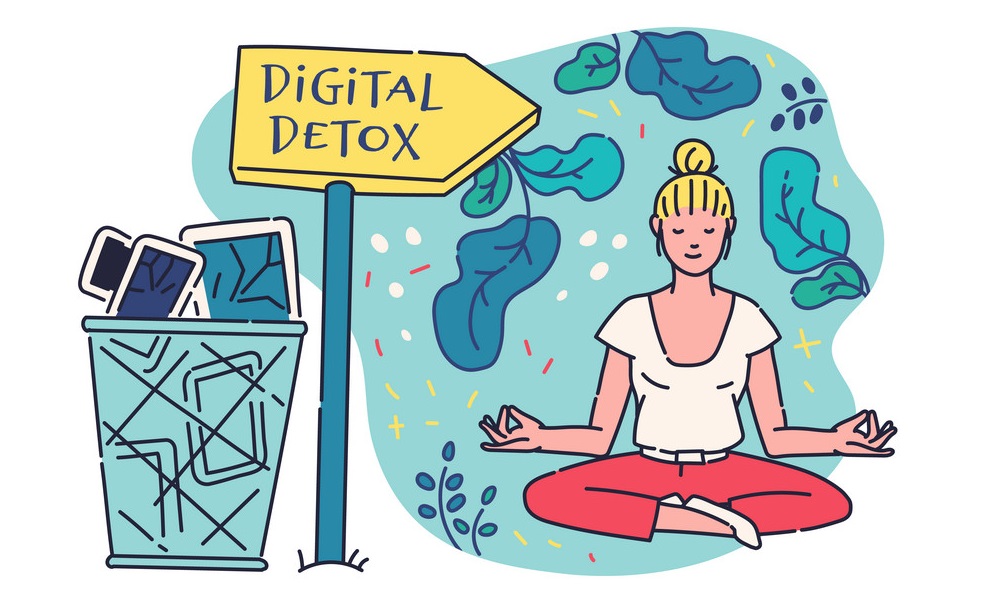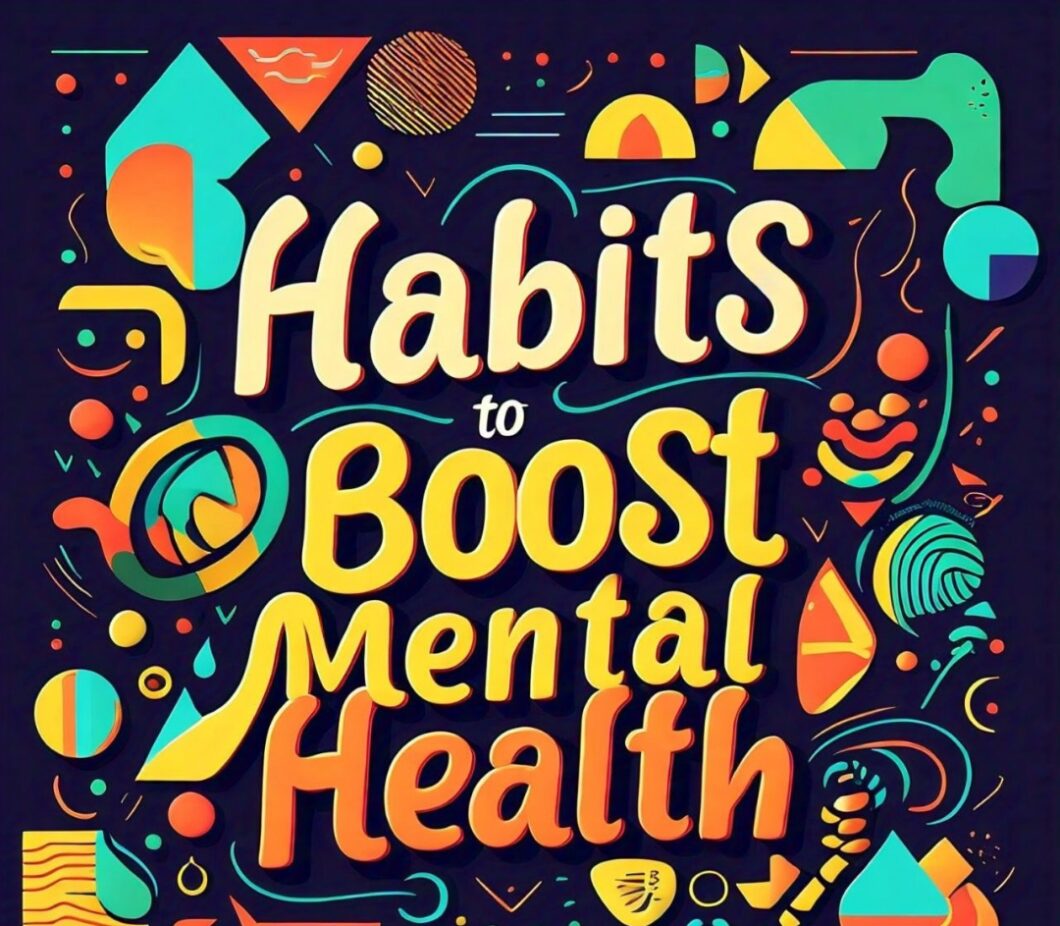In the fast-paced world we inhabit, maintaining mental health has become as crucial as physical fitness. The mind, an intricate powerhouse of thoughts and emotions, requires nourishment, exercise, and rest, akin to our physical bodies. Incorporating specific habits into our daily routine can significantly enhance our mental well-being. This article delves into several practices that foster mental health, ensuring a balanced, joyful, and productive life.
Understanding Mental Health
Mental health encompasses our emotional, psychological, and social well-being. It influences how we think, feel, and act. Moreover, it affects how we handle stress, relate to others, and make choices. A robust mental health is not merely the absence of mental health issues but a state of overall well-being.
1. Regular Physical Activity
Exercise is a potent medicine for the mind. Physical activity releases endorphins—chemicals in the brain that act as natural painkillers and mood elevators. Studies show that regular exercise can help alleviate symptoms of depression and anxiety. Even a daily walk of 30 minutes can make a substantial difference.

2. Balanced Nutrition
What we eat significantly impacts our brain function and, consequently, our mood and mental health. Consuming a balanced diet rich in fruits, vegetables, lean protein, and whole grains can improve mental clarity and energy levels. Omega-3 fatty acids, found in fish like salmon, have been linked to reduced rates of depression.

3. Adequate Sleep
Sleep and mental health are intricately linked. Lack of sleep can exacerbate mental health problems, while mental health disorders can also lead to sleep issues. Ensuring 7-9 hours of quality sleep each night can improve concentration, regulate mood, and sharpen judgment.

4. Mindfulness and Meditation
Mindfulness involves staying present and fully engaging with the moment. Practices such as meditation, yoga, and tai chi can help quiet the mind’s chatter, reduce stress, and enhance psychological well-being. Meditation, in particular, has been shown to decrease anxiety, improve symptoms of depression, and lead to better stress management.

5. Social Connections
Humans are inherently social beings, and strong, healthy relationships are key to mental health. Social connections can provide emotional support, reduce feelings of loneliness, and increase feelings of self-worth. Engaging in community activities, maintaining close friendships, and spending quality time with family can bolster mental health.

6. Continuous Learning
Challenging the brain with new information and skills can improve mental well-being. Learning something new, whether it’s a musical instrument, a foreign language, or a professional skill, can provide a sense of achievement and confidence. Moreover, it keeps the brain active and engaged, potentially reducing the risk of cognitive decline.

7. Time Management
Effective time management can reduce stress and lead to a more balanced and fulfilling life. Prioritizing tasks, setting realistic goals, and taking breaks can help manage workload and reduce feelings of overwhelm. Learning to say “no” and setting boundaries is also crucial for mental health.

8. Digital Detox
In the digital age, constant connectivity can lead to information overload and stress. Regularly unplugging from electronic devices can help reduce anxiety, improve sleep, and enhance relationships. Setting aside specific times to disconnect each day can create space for more meaningful activities and interactions.

9. Nature Immersion
Spending time in nature has numerous benefits for mental health, including reducing stress, enhancing mood, and improving focus. Activities like hiking, gardening, or simply taking a walk in a park can connect us with the calming influence of the natural world.

10. Seeking Professional Help
Recognizing when to seek professional help is a sign of strength, not weakness. Therapy, counseling, and medication are effective treatments for mental health issues. If feelings of anxiety, depression, or stress are overwhelming, it’s essential to reach out to a mental health professional.

Conclusion
Incorporating these habits into daily life can significantly boost mental health. It’s important to remember that small changes can make a big difference over time. Prioritizing mental health is not selfish; it’s necessary for leading a fulfilling, balanced, and healthy life. Just as we take care of our physical bodies, we must also nurture our mental well-being with kindness, patience, and understanding.





Really helpful
168 Other studies compared intra arterial administration of contrast media containing multiple comparison arms where can i buy priligy